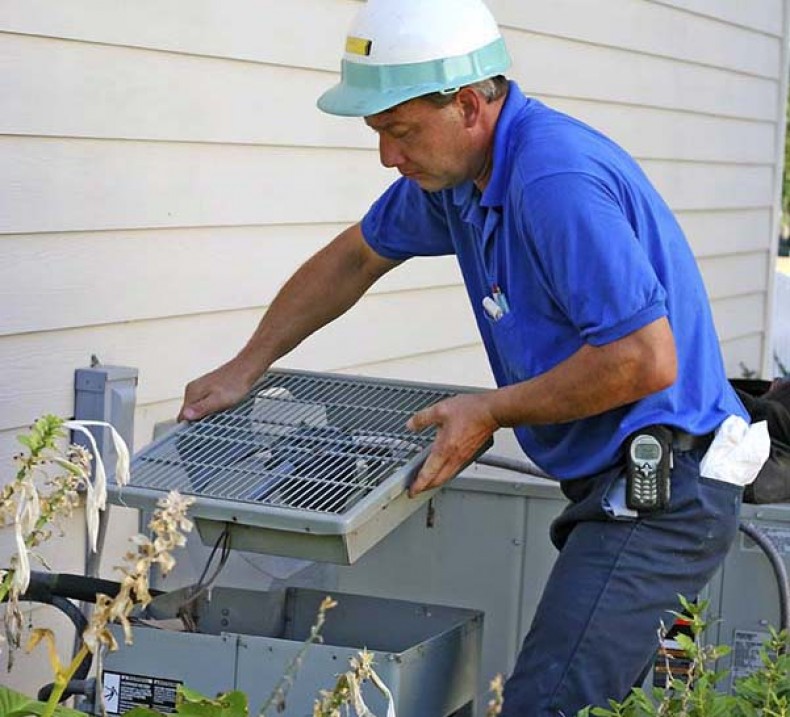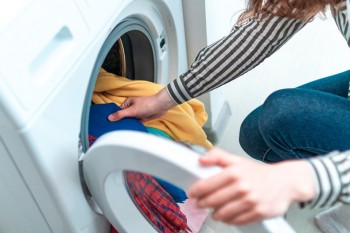Repairing an HVAC system
By Hannah McKenzie
Q: The HVAC unit at my home is no longer reliably operating. How do I make sure I’m getting a fair price and quality workmanship?
A: Like car repairs, HVAC repairs can be painfully expensive. And, as with cars, regular maintenance is just as important to maximize system performance and lifespan. As a continuation from last month’s article, the first step is to work with a reputable HVAC company.
A second recommendation is to approach this with a view toward teamwork — you are the expert on your home and your contractor is the technical expert on what the equipment can do. Together you can work to meet your comfort and budget needs.
If you have worked with the HVAC company before, it will have a maintenance and repair history of your equipment. If this is a new company, providing maintenance and repair records may help with troubleshooting. When the HVAC repair person arrives at your home, he or she will assess the system and locate the problem.
If you have specific information on what is happening or not happening and when, that may be valuable to share. Standing over their shoulder and talking or asking questions while they work can be intimidating, distracting and irritating at best. Being quiet, giving them space and observing from a distance while being available for questions is often appreciated.
After they have assessed the system and located the problem is when the conversation and teamwork approach should grow. Ask for a detailed description of the problem and the suggested fix, which will make it easier to share the conversation later with your spouse or your dad’s friend for a second opinion.
Here are a few questions to consider asking:
- What’s the problem? Could maintenance have prevented this?
- Do parts need to be replaced or can the unit be cleaned or tuned?
- How will new parts allow normal operation to be restored?
- What’s the expected lifespan of the replaced parts and my HVAC unit? Could the new part cause an existing, older part to break?
- If refrigerant is needed, was the leak fixed? Leaks need to be located and repaired. Adding refrigerant without fixing the source of the problem will guarantee you will need another visit from an HVAC professional in the near future.
- Can you show me? Particularly with a cracked heat exchanger (which means buying a whole new unit!) or other expensive broken parts, ask them to show you the damage in person or in a photograph.
Ask for a written estimate before any work or payment is made. It should include an itemized list of parts and cost, reasoning for parts replacement, labor charges, any company guarantee/warranty, and any manufacturer warranty. For repairs over $350, a second opinion is advisable.
Similar resources and information can be found on the Air Conditioning Contractors of America Association (ACCA) website.
Yes, HVAC repairs can be stressful but with teamwork and clear communication, you can have confidence that your goals and budget match up well with the HVAC company’s high quality work.
Special thanks to Chris Reynolds, an HVAC technician and licensed HVAC contractor with Advanced Energy, for his information. Chris has six NATE certifications, an HVAC license, and years of field experience.
-
Share this story:




